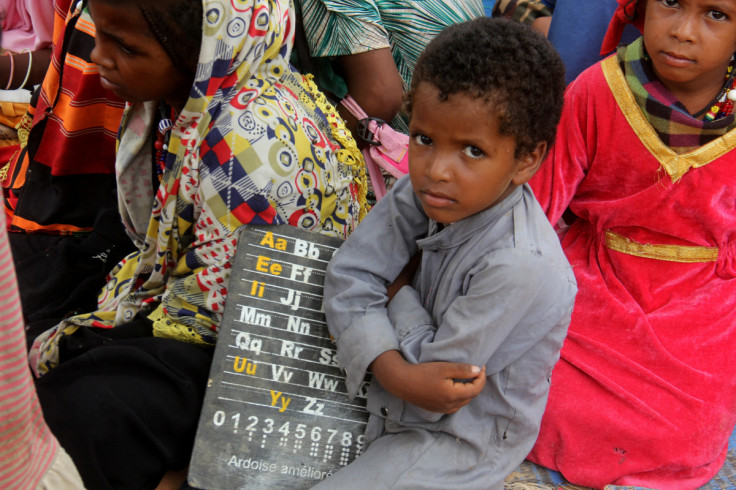
Chad, a landlocked nation in Central Africa, is on the brink of a severe hunger crisis as funding for vital food aid faces a perilous decline, warns UN's World Food Programme (WFP).
The looming threat raises concerns about the well-being of 1.4 million people in Chad, urging the international community to respond urgently to avert a humanitarian catastrophe.
The dire situation comes as various factors, including conflict, climate change and economic challenges, converge to exacerbate food insecurity in Chad.
Humanitarian organisations operating in the region have issued stark warnings about the potential impact on vulnerable populations, especially children and women.
Pierre Honnorat, WFP's country director for Chad said: "This forgotten crisis has metastasised as the world's eyes are on other emergencies. It is staggering but more Darfuris have fled to Chad in the last six months than in the preceding 20 years. We cannot let the world stand by and allow our life-saving operations to grind to a halt."
According to reports from aid agencies on the ground, Chad is experiencing a perfect storm of challenges that are pushing communities to the edge of survival.
Widespread displacement due to conflict, coupled with erratic weather patterns affecting agricultural productivity, has left many Chadians grappling with acute food shortages.
One of the primary concerns is the faltering funding for food aid programs. Humanitarian organisations, already stretched thin by multiple crises around the world, are facing a shortfall in resources dedicated to addressing Chad's food insecurity.
The decline in funding jeopardises the provision of essential food assistance to those in dire need.
Without immediate and substantial financial support, the WFP warns that they may be forced to reduce or halt vital food distributions, exacerbating the suffering of vulnerable communities.
Chad is home to a significant number of internally displaced persons (IDPs) who have fled conflict in neighbouring countries.
The ongoing regional instability has strained the country's resources, making it challenging to meet the basic needs of its own citizens, let alone those seeking refuge within its borders.
Due to the impacts of the climate crisis, inter-communal tensions and escalating food and fuel prices, hundreds of thousands of citizens in Chad find themselves grappling with hunger.
Honnorat, a spokesperson, cautioned that reducing food aid could reverse years of efforts to combat hunger and set the stage for nutritional crises, instability and displacement.
The World Food Programme (WFP) urgently requires £148 million ($185 million) to sustain its food assistance initiatives in Chad for the next six months.
The agency is confronted with a global funding crisis, compelling it to reduce food rations and curtail operations across multiple nations.
As the demand for global aid intensifies, the WFP's funding sources are dwindling. In 2022, the number of individuals requiring humanitarian assistance surged by nearly a third, reaching a record high of 407 million people.
This unprecedented increase places immense strain on humanitarian organisations, hindering their ability to address critical needs in regions facing various crises.
The international community has been urged to step up and contribute to the funding needed for food aid in Chad.
The United Kingdom, among other nations, has historically played a pivotal role in global humanitarian efforts, and stakeholders are calling for increased support to avert the looming catastrophe in Chad.
The situation in Chad underscores the interconnectedness of global challenges, with climate change, conflict and displacement converging to create a complex humanitarian crisis.
The United Nations and other humanitarian partners are actively working to address the root causes of food insecurity while providing immediate relief to those in need.
In addition to financial contributions, there is a growing call for diplomatic efforts to address the underlying issues contributing to Chad's vulnerability.
Regional stability and conflict resolution are seen as crucial components of a sustainable solution to the food crisis, emphasising the need for a comprehensive and coordinated international response.







